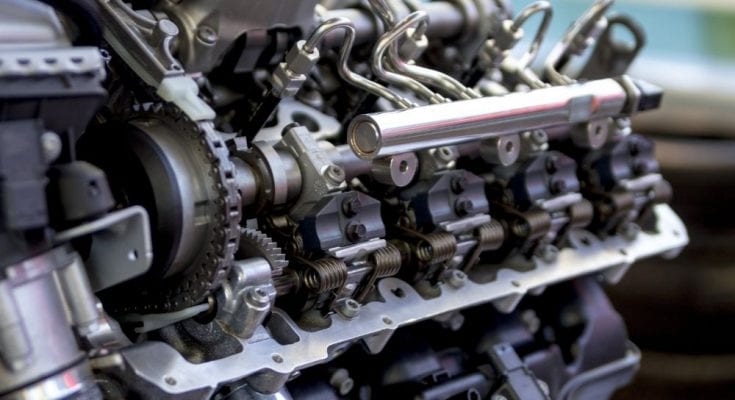When you think about diesel engines, what comes to mind? Most people assume diesel engines are loud and smoky, and smell like rotten eggs when idle. That couldn’t be further from the truth. Thanks to new technology, today’s diesel engines are cleaner than ever. With these fast, powerful engines growing in popularity, there’s no better time to learn about them. This list of things you might not know about diesel engines will shock you, impress you, or even make you reconsider your gasoline-powered engines entirely.
Diesel Is More Efficient Than Gas
A gas engine is only 20 percent efficient, which means that only 20 percent of the fuel actually moves the car, and the rest is lost to friction or engine functions. A diesel engine, on the other hand, can reach 40 percent efficiency. For this reason, they’re a popular option for heavy-duty vehicles, like trucks.
Great at High Altitudes
A common myth would have you believe that diesel engines operate poorly at high altitudes. In fact, the opposite is true. Gasoline engines operate at a specific ratio of fuel and air. At high altitudes, the air is thinner. In the mountains, hills, or other raised areas, gasoline engines must add less fuel to keep the ratio perfect, which negatively affects their performance. Diesel engines are equipped with turbochargers, which pump more air into the combustion chambers at high altitudes and help them perform better.
A Lit Match and Diesel
What happens if you toss a lit match into a puddle of diesel fuel? If you guessed, “it’ll explode,” think again. Diesel is much less flammable than gasoline. It takes intense pressure or sustained flame to ignite diesel. If you drop a lit match into diesel, the flame will go out. If you drop a match into gasoline, it won’t even touch the surface. The flame will ignite vapors above the gasoline’s surface, triggering an explosion.
Diesel’s Not That Dirty
Another thing you might not know about diesel engines is that they’re not as dirty as they used to be. The EPA requires diesel engines to meet the same pollution criteria as gasoline engines. A part that removes visible smoke, called the diesel particulate filter, makes the diesel engine cleaner, and other parts were also modified to meet green, environmentally friendly standards. Buying a diesel vehicle from 2007 or later? It’s no dirtier than an average gasoline-powered car.



